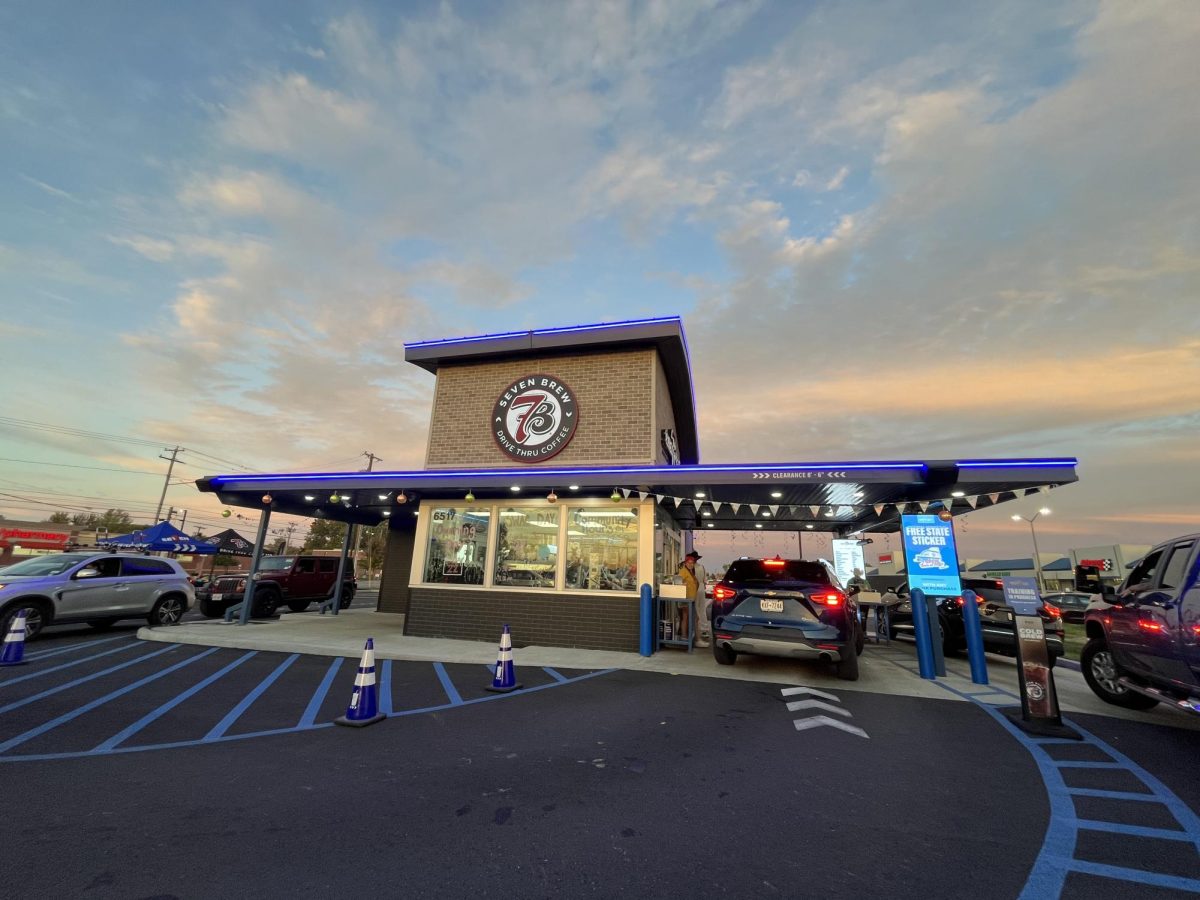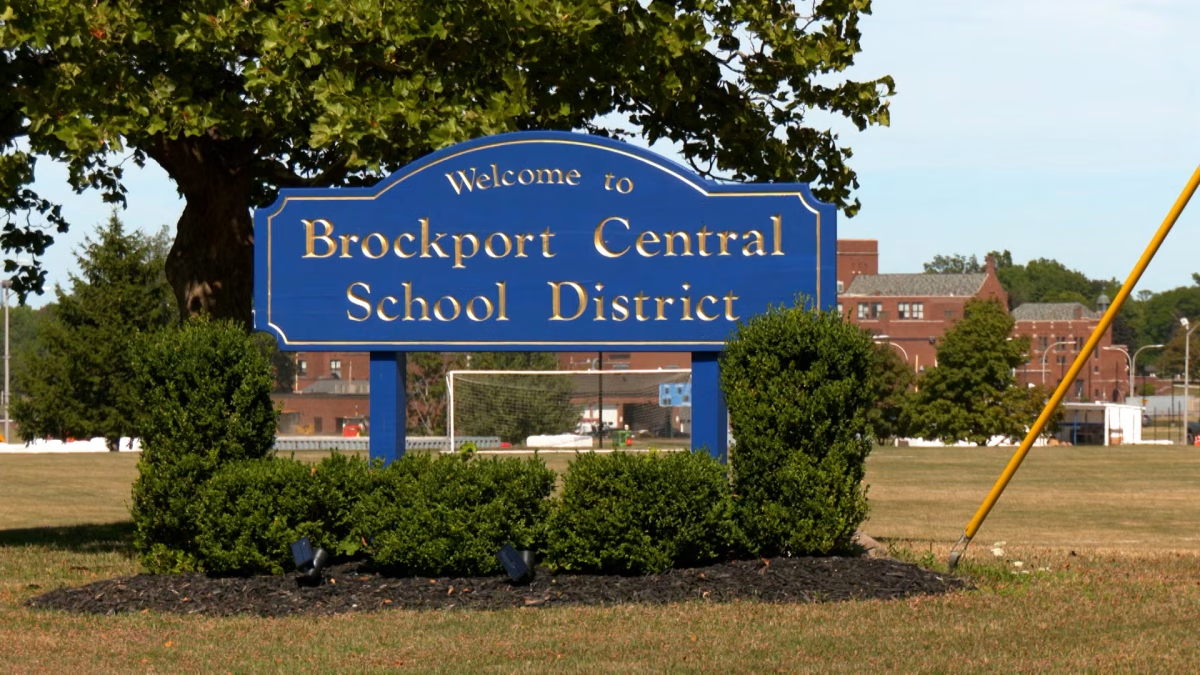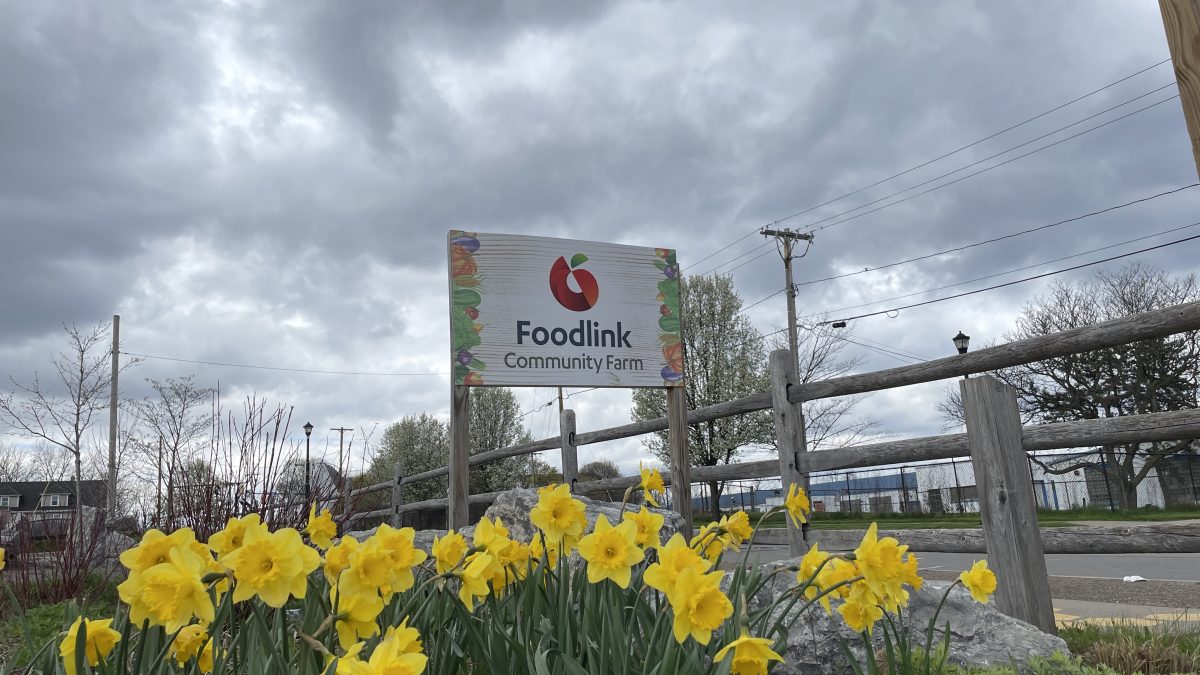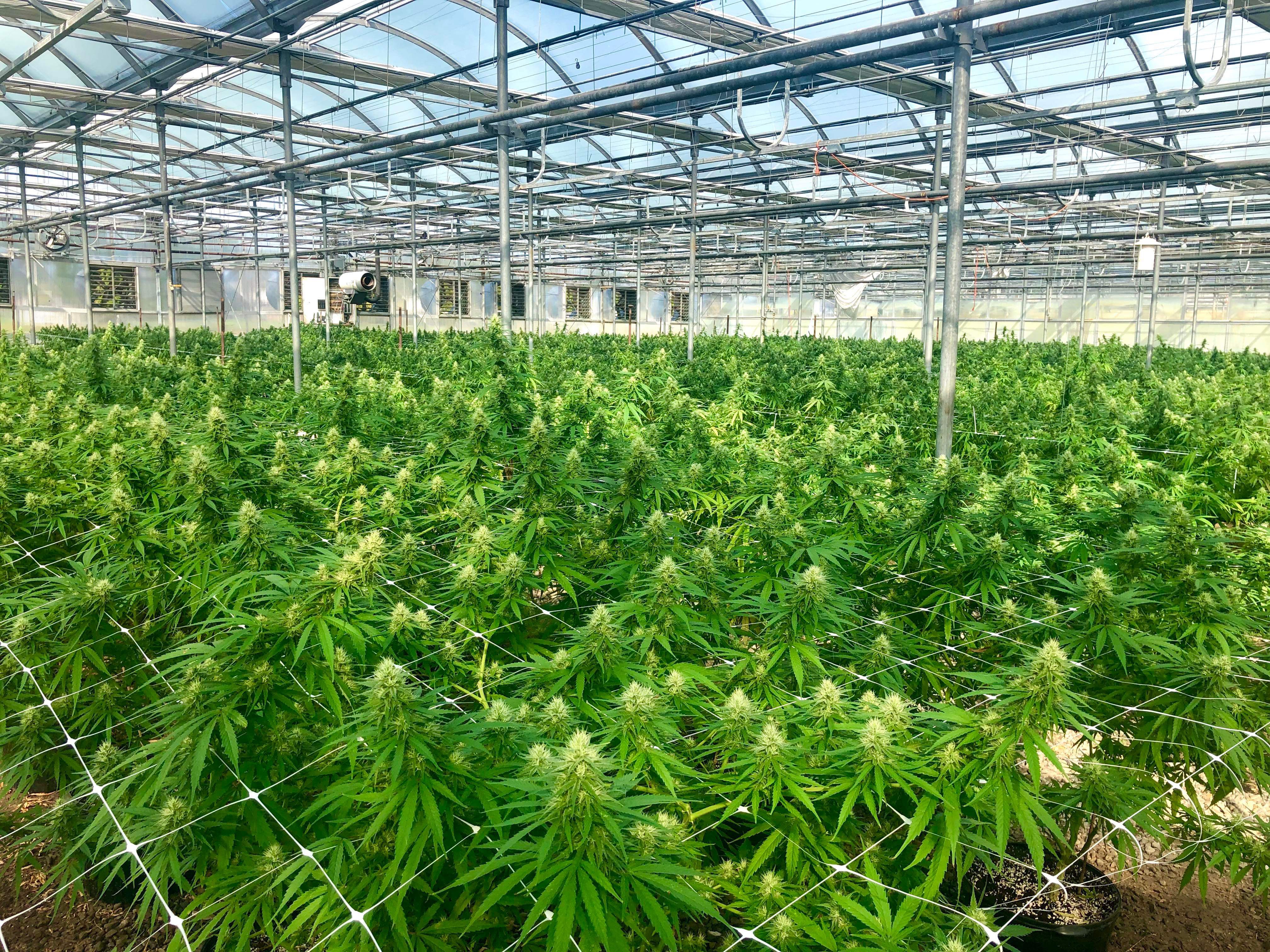
The legalization of recreational marijuana in New York State has caused a lot of confusion. Laws surrounding the sale and production of cannabis are constantly changing. This has led to prospective dispensaries questioning how to stay legally compliant with their licensing.
The process that marijuana farmers have to follow to get their flower on shelves is even more complicated.
Chief Executive Officer and Founder of Honest Pharm Co. Jeremy Jimenez is one of many that are faced with financial burden due to New York’s Office of Cannabis Management’s (OCM) restricting licensing laws. Once regarded as having one of the most successful farms in New York State, he now finds himself struggling.
“If they don’t change these laws, I’ll 100% go bankrupt,” Jimenez said.
OCM claimed their primary goals are to keep licensed farms compliant while also allowing them to grow their businesses. This has led to many changes to cannabis production laws since it’s legalization. The inconsistency has forced business owners like Jimenez to stay up-to-date or risk losing their license.
“Staying on top of the regulations for marijuana production in New York State is almost a full-time job itself,” Jimenez said. “You simply can’t farm and stay on top of compliance at the same time. That’s what I think creates issues for normal farmers and cultivators, they don’t have staff and they’re trying to do it all themselves.”
As of September 2023, there were only 23 recreational marijuana dispensaries in New York. With over 250 licensed farmers and growing facilities, the demand for shelf space is high. Those who can’t get their harvested product on shelves are left with backstock, losing out on thousands of dollars’ worth of readily produced marijuana.
Jimenez has to make sure he sets himself apart from the competition to get his weed in dispensaries.
“You have to diversify yourself to be able to move up the ladder. If you’re just an average farmer growing cannabis and then throwing it in a jar or a bag with the expectation to maintain shelf space at a dispensary, it’s going to be hard moving forward,” Jimenez said.

For a while, this goal worked well for Jimenez, and he was able to build a strong reputation in the production industry.
“We just won the Cannabis Cup from New York State best flower. We pulled off a deal with the band Run DMC with their branded pre-rolls that are sold in a cassette tape, which has helped us expand,” Jimenez said.
Despite these successes, Jimenez is still set back in many ways by New York State’s laws. While he has tried to expand his business and add growing space, the laws have continued to tighten.
OCM has sent notice to many distributors, including Honest Pharm Co., which changes farming guidelines to licensed farms having less space to grow marijuana. Jimenez’s current 25,000 square-feet of growing space is being cut down to 12,000 square feet, less than half of what he has now.
“What’s going to happen with this farm that has proven themselves with over 450,000 square feet of potential growing space, but the new licensing that’s coming out only allows 12,000 of that to be used?” Jimenez said. “How can New York make sure that I and so many others aren’t forced to go out of business? That’s the real question.”
The new laws limiting Jimenez’s production will allow him to use only two percent of space he could be utilizing. He is losing out on millions of dollars’ worth of potential product, and so are others.
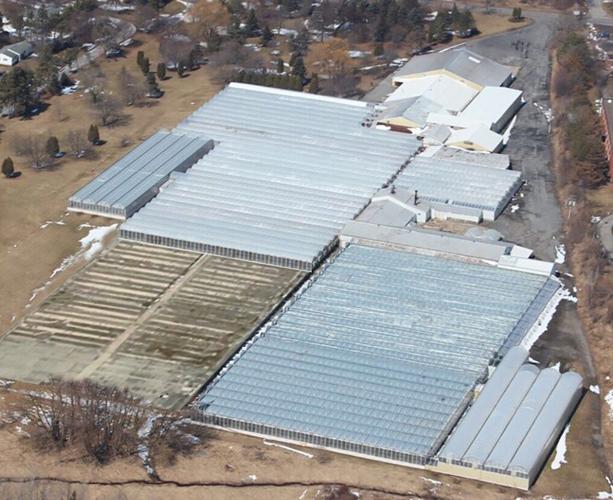
Reverse Osmosis (RO) companies, which utilize alternative marijuana production methods, are also an issue for Jimenez and other farmers. Through water extraction and filtration, these companies have been allowed to legally grow marijuana for a longer period of time. This has allowed them to establish themselves and their product sooner. They’re granted less restriction on what they can and cannot do under their licensing.
“We’re very restricted with indoor growing, but now they’re going to let RO companies grow inside with 100,000 square feet with lights,” Jimenez said. “We can’t compete with that because they’re already set up and ready to go, they had that advantage. All they have to do is flip the switch for going recreational. Meanwhile, all of these farmers had to start from scratch.”
Jimenez and many other farmers feel that New York State is working against them and their potential to expand their business.
“If New York State is truly trying to help the cultivator and the people that are local business owners, they would do that, versus letting outside companies that are coming to New York State just open up shop. I don’t think they gave us a fair shot,” Jimenez said.
The issue lies beyond business expansion and marijuana legislation, however. People’s livelihoods are on the line.
“Almost very farmer has either borrowed money from family or friends, taken out loans from the bank, and lot of these guys unfortunately are not going to survive because they didn’t have a fair shot,” Jimenez said. “I’m probably $11 million invested in this, and the return on my investment is not even close”.
Jimenez and many other farmers across New York State have built their lives around marijuana growth and production. As OCM continues to revise laws for these growers, they hope that local businesses prosper rather than perish.
This is the second part of an ongoing investigative series into marijuana legislation in New York State.

